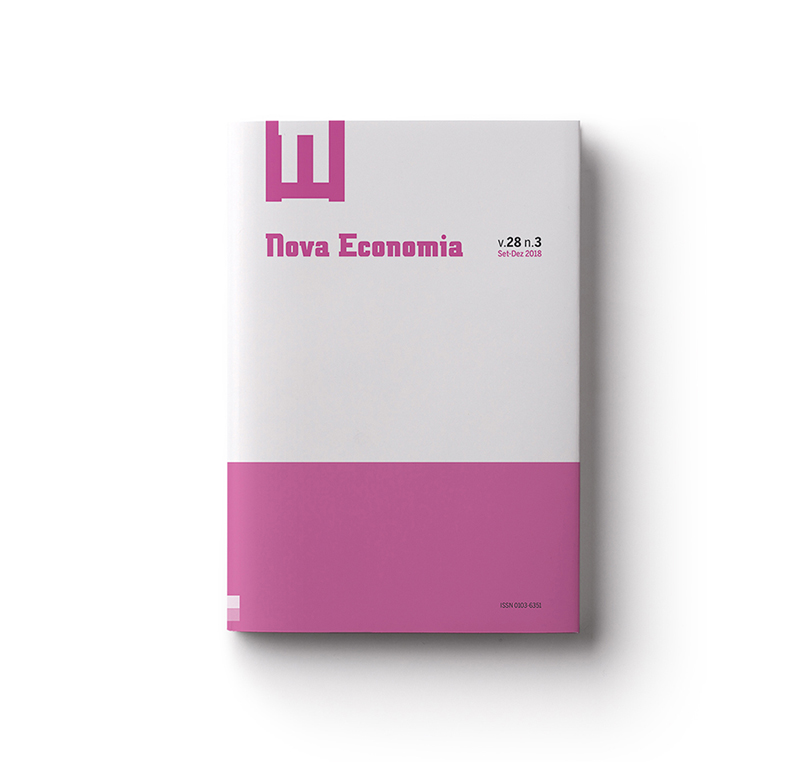An estimate of the underreporting of violent crimes against property applying stochastic frontier analysis to the state of Minas Gerais, Brazil
Abstract
The aim of this study was to determine the level of underreporting of violent crimes against property in the state of Minas Gerais, Brazil, using stochastic frontier analysis. Failure to report a crime to competent authorities has negative consequences for the effectiveness of public safety policies, because policy decisions regarding criminal matters are based on official crime statistics, which in turn are biased by underreporting. An awareness of the magnitude of underreporting should help policy makers to design more appropriate crime prevention strategies. The database used for the study defines armed robbery, robbery, and theft as violent crimes against property. The main results of the study show that, from 2004 to 2011, 32.7% of all violent crimes against property in the state were not reported. A robustness test was carried out on the estimates by employing the same technique to calculate the level of underreporting for the homicide rate, which is the least unreported crime.
Downloads
Published
How to Cite
Issue
Section
License
Authors who publish with this journal agree to the following terms:
- Authors retain copyright and grant the journal right of first publication with the work simultaneously licensed under a Creative Commons Attribution 4.0 International License that allows others to share the work with an acknowledgement of the work's authorship and initial publication in this journal.
- Authors are able to enter into separate, additional contractual arrangements for the non-exclusive distribution of the journal's published version of the work (e.g., post it to an institutional repository or publish it in a book), with an acknowledgement of its initial publication in this journal.
- Authors are permitted and encouraged to post their work online (e.g., in institutional repositories or on their website) prior to and during the submission process, as it can lead to productive exchanges, as well as earlier and greater citation of published work (See The Effect of Open Access).




